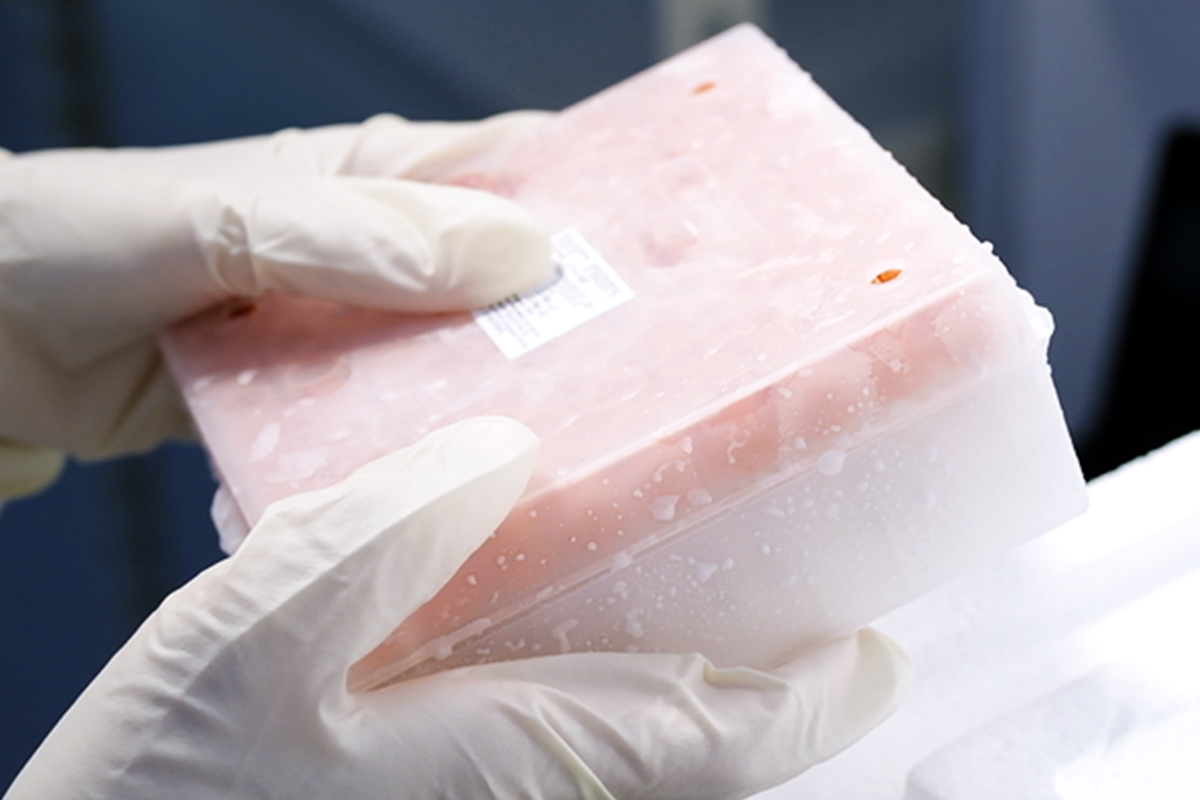by Dr Gayatri Sharma, CellVec
Singapore has long been a strategic base for a range of businesses and industries seeking to leverage its favourable location and environment for regional growth and expansion. For many, its reliable infrastructure provides additional attractiveness and incentive to set up, and the cell therapy industry is no different.
This has been in large part due to the government’s conscious efforts in investing SGD80 million as well its attempts to address specific problems such as production bottlenecks in manufacturing scale‐up in the industry. These efforts, together with an express commitment to progress in precision medicine, make Singapore well-positioned as a hub for advanced medical therapies. (It is the first Southeast Asian nation to approve CAR-T therapy and host the first GMP-certified CDMO).
Given the Asia-Pacific market is expected to expand at a compound annual growth rate (CAGR) of 14.9% from 2021 to 2028 – if the right opportunities are harnessed to propel innovation and reduce costs in the cell therapy ecosystem – this can impact a wider group of patients beyond the local and regional context, potentially improving patient access to critical cancer care worldwide.
A robust regulatory hub with an innovation-friendly infrastructure
Given the primary role cell therapy will play in the future of cancer treatments, guaranteeing production, process and treatment quality is vitally important, especially as consistency in quality remains an issue for highly customised cell therapy treatments. Certifications such as Good Manufacturing Product (GMP) with its exacting requirements, can provide medical organisations and patients with peace of mind by guaranteeing quality from clinical trials to the bedside.
Further, Singapore’s commitment to developing a robust regulatory framework and its effective enforcement provides extra assurance for the success of any business – and scientific and medical organisations are held to even more stringent standards and accountability. Therefore, the reliability of Singapore’s framework for cell, tissue, and gene products (CTGPT) which is constantly updated, provides critical support in balancing the boundaries, ethics and sensitivities of cell therapy treatment with the urgent need for cutting-edge innovation to effectively treat patients.
Aside from regulatory support, Singapore’s cell therapy ecosystem infrastructure such as the setting up of a GMP facility as part of the Advanced Cell Therapy and Research Institute Singapore (ACTRIS), provides a convenient and localised site to obtain further value-add services – including the training of a skilled workforce. This, combined with governmental efforts to form strategic partnerships with reputable institutions and create national initiatives for future-ready healthcare creates an overall collaborative and energising environment encouraging scientific innovation and further development of the industry.
Leveraging opportunities to treat a wider range of patients
In combination, all the above-mentioned advantages encourage and attract worldwide organisations to partner or work with GMP-certified Singapore-based facilities. Global organisations can rely on the quality assurance provided by Singapore’s stringent standards, whilst leveraging the robust ecosystem support to focus resources on more specialised innovation and improving treatments.
At CellVec, these factors have been crucial for us to complete several key accomplishments such as:
- designing vectors within a vector delivery system (VDS) to yield high titre products that facilitate scaling and overcoming genetic instabilities;
- achieving high process consistency through optimising helper and packaging construct expression to upstream and downstream processes whilst maintaining high titre and high purity;
- developing cost-saving techniques like first-expired-first-out (FEFO) to manage inventory by manufacturing only what is needed on-demand, whilst digitising procedures; and
- developing a scalable, serum-free adherent lentiviral vector manufacturing platform to reduce bovine-related transmission risks, exert less stress to downstream purification efficiency, and enable alternative solutions to global shortages and high costs.
The support is timely and much needed, especially in light of the World Health Organisation (WHO) has called for Southeast Asia to address gaps in cancer care. The opportunity is therefore ripe for biomedical organisations and companies to identify and leverage specific opportunities to innovate and reduce the cost of cancer treatment to benefit more patients.
Serving the needs of a worldwide cancer community
As Singapore’s supportive infrastructure allows biotechnology companies to identify and leverage a myriad of options and strategic advantages, this, in turn, can stimulate healthy competition within the regional cell therapy ecosystem accelerating growth and innovation.
Not only would this allow the region to potentially capture a greater proportion of the global cell therapy market (projected to grow at a CAGR of 27.1% from 2021 to 2027), it could advance progress within the global cell therapy ecosystem, contributing toward unblocking manufacturing pipelines. In this way, treatments could more expediently reach and serve the urgent current and future needs of a growing cancer community worldwide – delivering the greatest benefit for those who need it most – the patients.

